Close

the practice of comparing the price of products or services from different vendors before buying.

refers to actions taken by individuals or groups to promote and protect the interests of the buying public.

The DOE is a Cabinet-level department of the United States Government concerned with the United States' policies regarding safety in handling nuclear material.
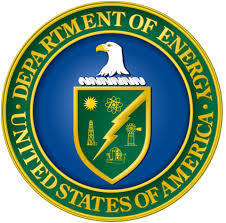
a large store stocking many varieties of goods in different departments.

The EPA is an agency of the United States federal government whose mission is to protect human and environmental health.

is a federal agency that administers and enforces civil rights laws against workplace discrimination.

a store in which goods, especially surplus stock, are sold directly by the manufacturers at a discount.
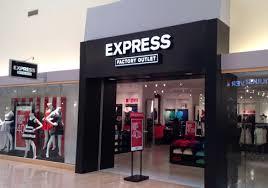
law that sets out labor regulations regarding commerce employment, including minimum wages, requirements for overtime pay and child labor laws.
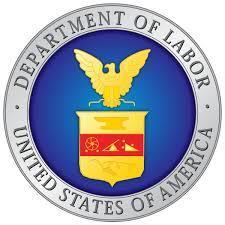
A labor law requiring larger employers to provide employees unpaid leave for serious health conditions, to care for a sick family member, or to care for a child.

a television program that promotes a product in an informative and supposedly objective way.

proportion of a loan that is charged as interest to the borrower, expressed as an annual percentage of the loan outstanding.

a contract by which one party conveys land, property, services, etc., to another for a specified time, usually in return for a periodic payment.
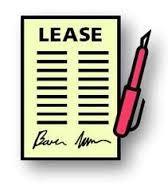
a person who holds the lease of a property; a tenant.
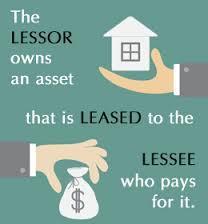
a person who leases or lets a property to another; a landlord.
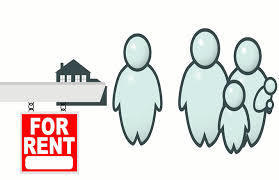
fraud in which belief in the success of a nonexistent enterprise is made by payment of returns to the first investors from money invested by later investors.
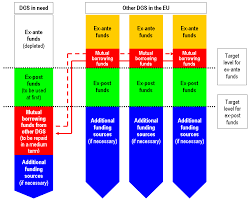

 Hide known cards
Hide known cards